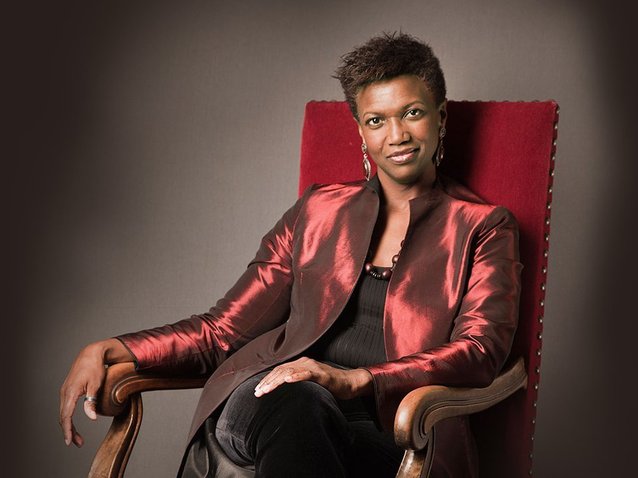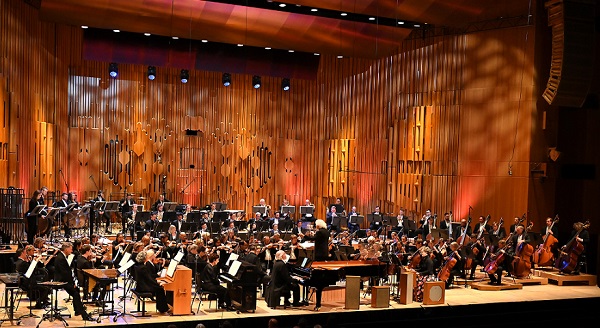
Photo credit: Mark Allen
 (5 / 5)
(5 / 5)
We bid farewell to Sir Simon Rattle as the London Symphony Orchestra’s Music Director. Of course, he’ll be back to do more concert in the autumn. His swansong were two evenings of the same programme, one which will not be forgotten in a hurry.
A world premiere from Betsy Jolas continues to improve her twilight success. At the age of 96, I even had the pleasure to meet her last year (I’veonly just discovered she knew James Joyce). She has lead a fascinating life, never quite clamping onto any of the fierce Male dominated experimental musical cults. Rattle has put the spotlight on Besty these last few years, though she has said that ‘Ces belles années…’ will be her last symphonic work. Translated as ‘Those good years…’ this has the composer looking back at wonderful summers filled with music, her love of the Aix-en-Provence Festival unwavering. The work is strange, theatrical with the musicians clapping, whispering and stomping. Happy Birthday is quoted and a modulating form hits the ear. Soprano Faustine de Monés arrives on stage during the piece and comically waves at the orchestra, most of which wave back. The use of staged directions makes Besty’s work stand out and Faustine sang with affectionate love for these bygone days. Its was all very touching and amusing.
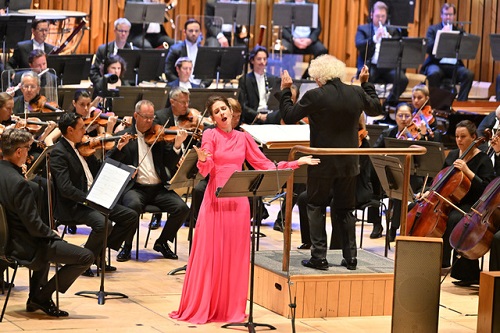
Photos creidt: Mark Allen
Following on with the big guns, Messiaen’s Turangalîla-Symphonie remains Rattle’s show piece. This is a work I fell in love with some years ago. It remain the chattering, clamoring joy of the piece that stands out. Quasi-romance and galactic musing are super imposed with Indian and Greek music with devastating effect. Strangely based upon the Celtic myth of Tristan and Isolde, it’s a loud, unwavering avalanche, thanks to Rattle who kept the mass of instruments on stage in check. His joy in playing came through, Peter Donohoe in the piano solo is a head spinning sight and the demands he met with grace and agility. Cynthia Miller playing the ondes Martenot adds the ethereal sound to proceedings, you might mistake for a theremin. Her aura adds wonderfully to the exotic pot, though her passion is inward, the instrument being a small, early synth from France. Though she was surrounded by the speakers which pipe out the generous sounds of the ondes.
I’ve haven’t heard the piece live for nearly ten years, though it loses little impact. I saw some people in the audience with their mouths open in shock or disbelief. The lady sat next to met knew not of the piece and amazed when it was over. Much love to the players of the virbraphone, keyed glockenspiel and celeste who all featured at the front, behind Donohoe. I heard their colours well thanks for being sat near to them, the battery of percussion is also noteworthy for their bravado and skill. All the players deserves credit here, I’ll give them that. What a thrill to was to hear this with Rattle agian. I found my whole body shaking and tears abound, in the all consuming nature of Messiaen music.
This will be a concert I’ll cherish forever.
This concert will be aired for future broadcast on Marquee TV & Mezzo.
The concert will also be aired for future broadcast on BBC Radio 3.

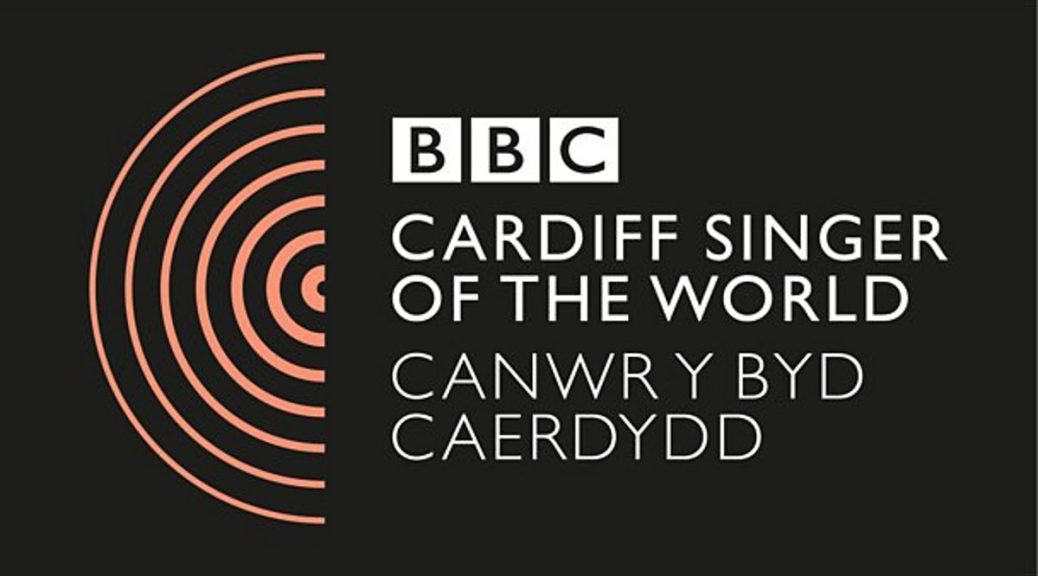
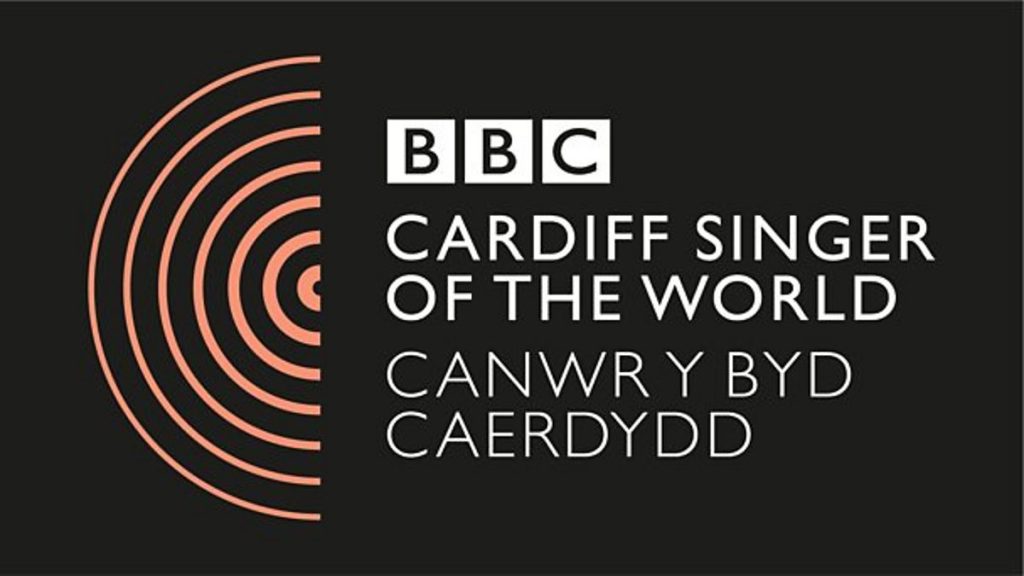
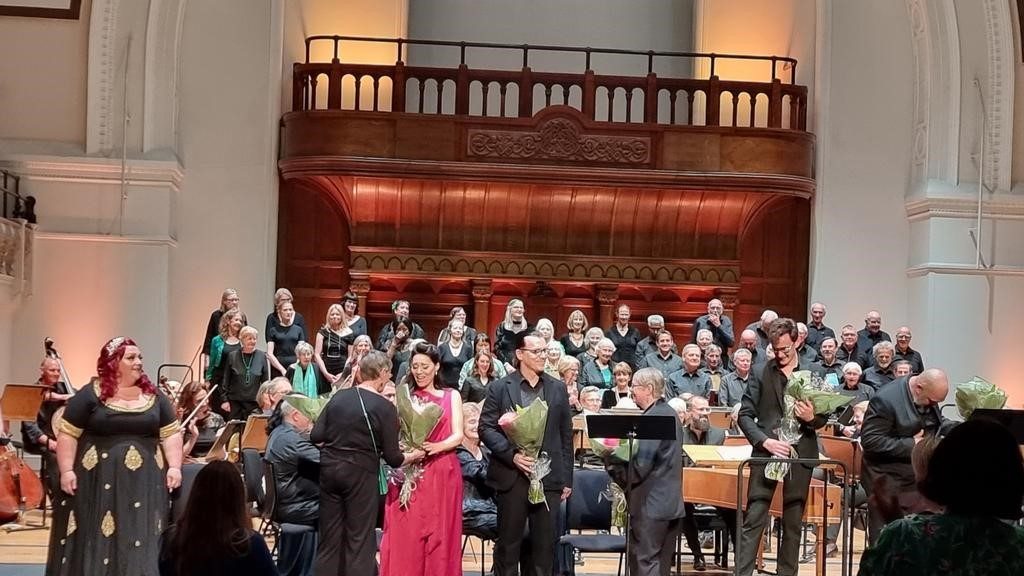
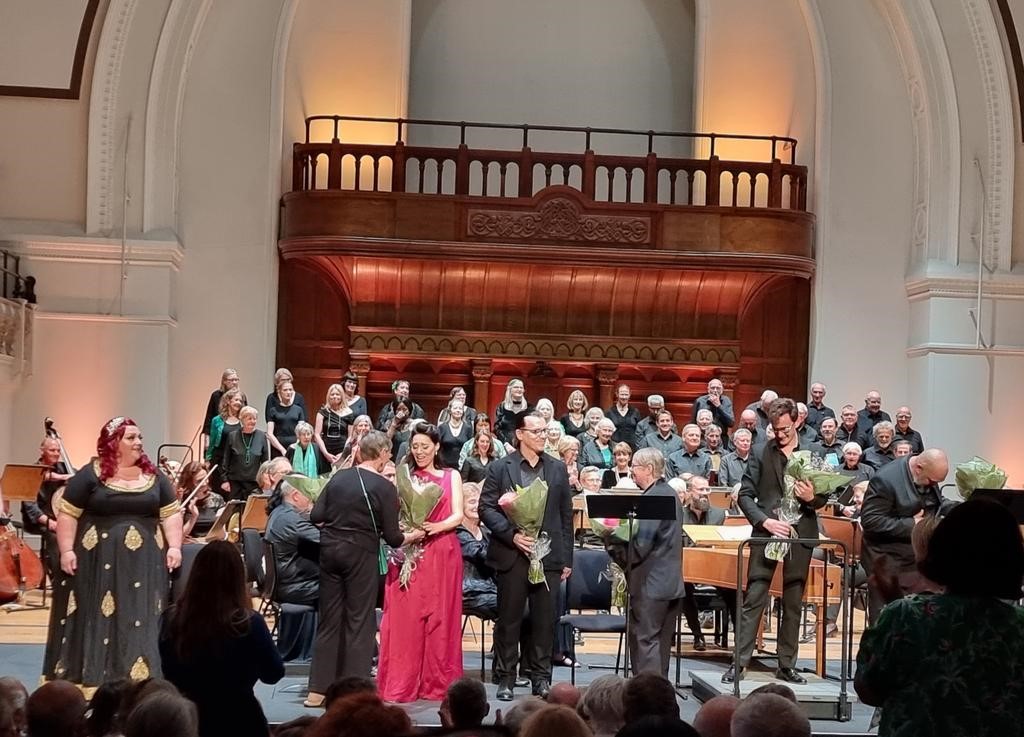
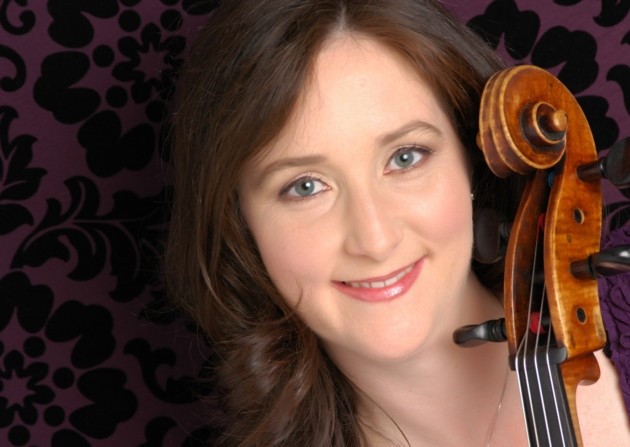


 (3 / 5)
(3 / 5)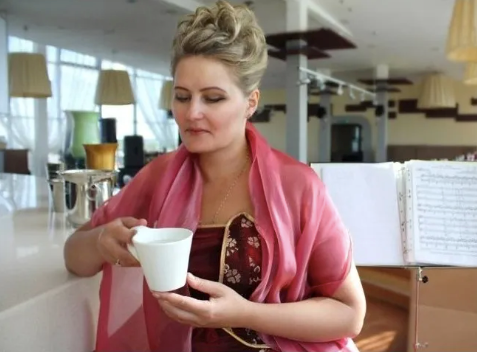

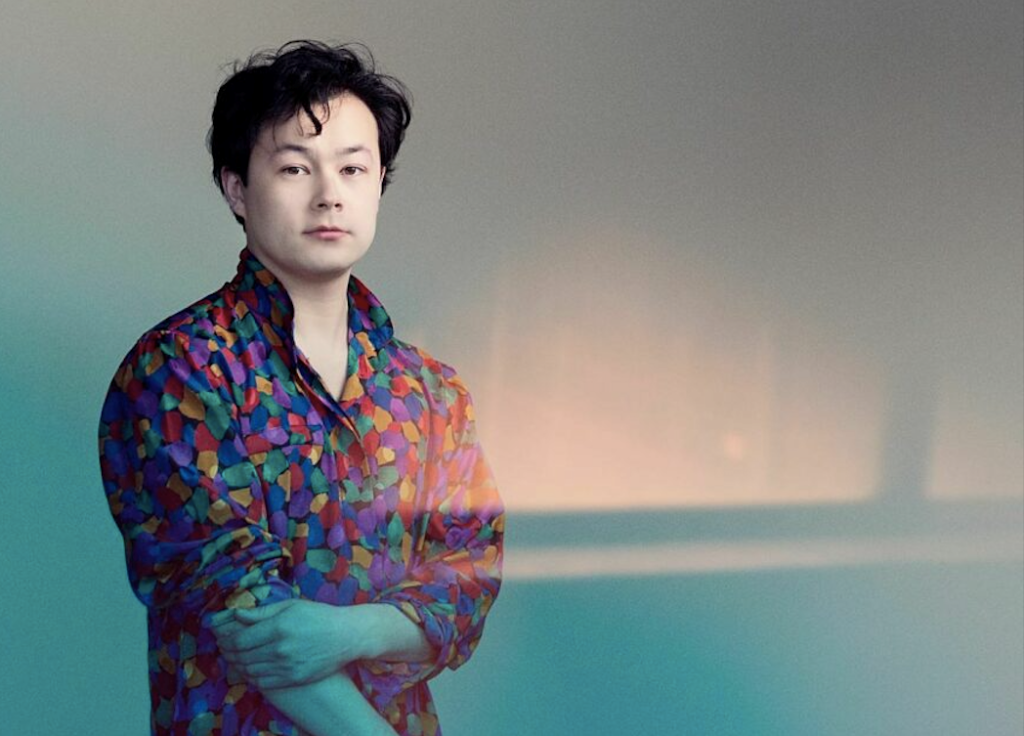

 (4 / 5)
(4 / 5)

